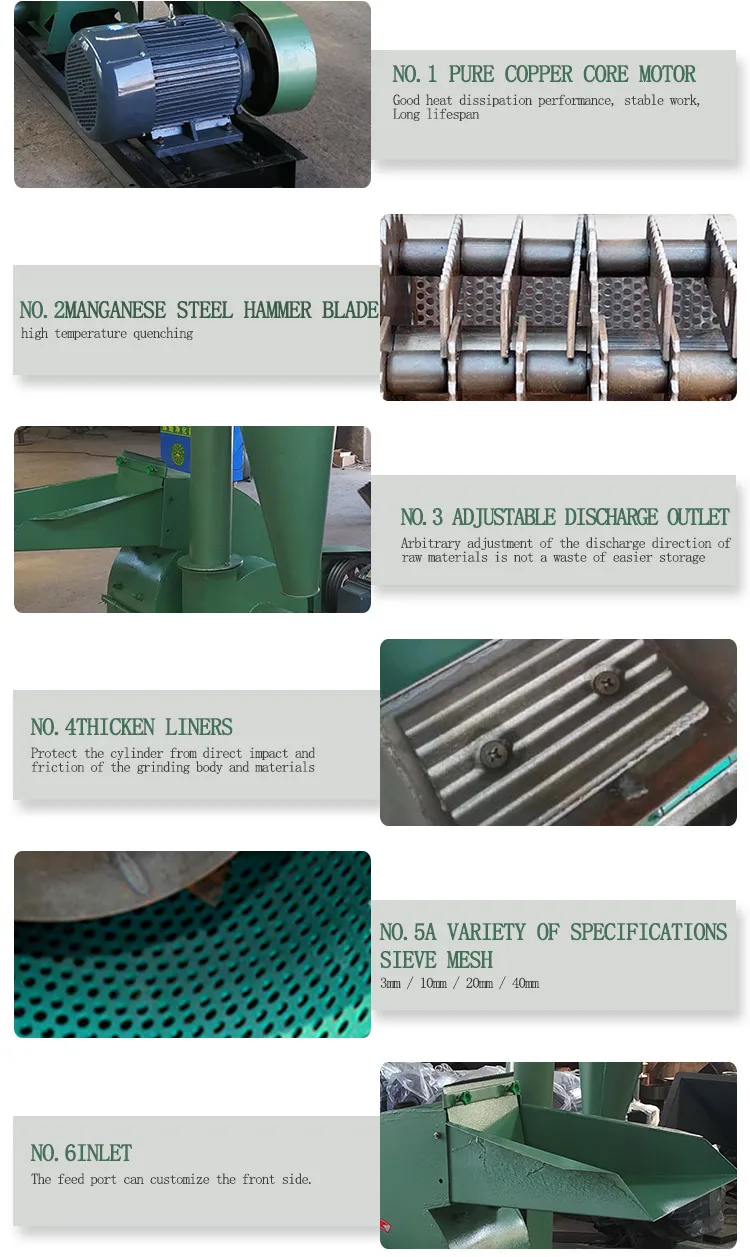farm feed mixer
Dec . 12, 2024 06:54 Back to list
farm feed mixer
The Importance of Farm Feed Mixers in Modern Agriculture
In the ever-evolving world of agriculture, efficiency and productivity are paramount. One of the vital tools facilitating these goals is the farm feed mixer. This machine plays a critical role in the livestock industry, allowing farmers to create balanced diets for their animals, optimize feed usage, and ultimately enhance their agricultural operations.
A farm feed mixer is designed to combine various feed ingredients into a homogeneous mixture tailored to the needs of specific livestock. This is crucial for several reasons. First and foremost, balanced nutrition is essential for the growth and health of animals. For instance, cattle, pigs, and poultry have distinct dietary requirements based on their age, weight, and production goals, such as milk yield or weight gain. By using a feed mixer, farmers can ensure that all necessary nutrients—proteins, vitamins, minerals, and carbohydrates—are properly incorporated in the feed, leading to improved animal health and productivity.
Moreover, feed mixers can help in reducing feed costs, which is a significant concern for many farmers. By allowing farmers to mix their own feed ingredients, they can take advantage of bulk purchases or seasonal prices for raw materials. With careful formulation and mixing, farmers can create high-quality feed that meets their livestock's needs without breaking the bank. This not only contributes to the profitability of the farm but also enhances sustainability by optimizing the use of available resources.
farm feed mixer

There are several types of farm feed mixers available on the market, including vertical and horizontal mixers, as well as truck-mounted and stationary versions
. Each type has its unique advantages and is suited for different types of farming operations. For instance, vertical mixers are known for their ability to handle large volumes and produce a highly homogeneous mix, making them ideal for larger farms. In contrast, horizontal mixers are often more compact and versatile, suitable for smaller operations or those needing to switch between different feed formulations frequently.The technological advancements in farm feed mixers are also noteworthy. Modern mixers are often equipped with digital scales and software that help farmers accurately weigh and track ingredients, ensuring precise formulations every time. Additionally, some mixers come with sensors that can monitor the consistency of the mix and alert the operator if adjustments are needed. This integration of technology not only streamlines the mixing process but also enhances the overall efficiency of feed management on the farm.
Another significant benefit of using a farm feed mixer is the reduction of labor required in feed preparation. The traditional method of manually mixing feed can be time-consuming and labor-intensive, detracting from other critical farm tasks. With a feed mixer, farmers can automate this process, freeing up valuable time to focus on other aspects of their operations, such as pasture management, livestock health monitoring, or marketing their products.
In conclusion, farm feed mixers are an indispensable asset in modern agriculture. They provide farmers with the tools necessary to create balanced diets for their livestock, optimize feed costs, and improve overall farm efficiency. As the agricultural industry continues to embrace technology and innovation, the role of feed mixers will undoubtedly grow, helping farmers meet the challenges of a changing world. Whether it's enhancing animal health or maximizing production, the impact of these machines on the farming landscape cannot be overstated. Embracing such innovations will be essential for farmers looking to thrive in this competitive and rapidly evolving industry.
-
Hot Sale 24 & 18 Door Rabbit Cages - Premium Breeding Solutions
NewsJul.25,2025
-
Automatic Feeding Line System Pan Feeder Nipple Drinker - Anping County Yize Metal Products Co., Ltd.
NewsJul.21,2025
-
Automatic Feeding Line System Pan Feeder Nipple Drinker - Anping County Yize Metal Products Co., Ltd.
NewsJul.21,2025
-
Automatic Feeding Line System - Anping Yize | Precision & Nipple
NewsJul.21,2025
-
Automatic Feeding Line System - Anping Yize | Precision & Nipple
NewsJul.21,2025
-
Automatic Feeding Line System-Anping County Yize Metal Products Co., Ltd.|Efficient Feed Distribution&Customized Animal Farming Solutions
NewsJul.21,2025






